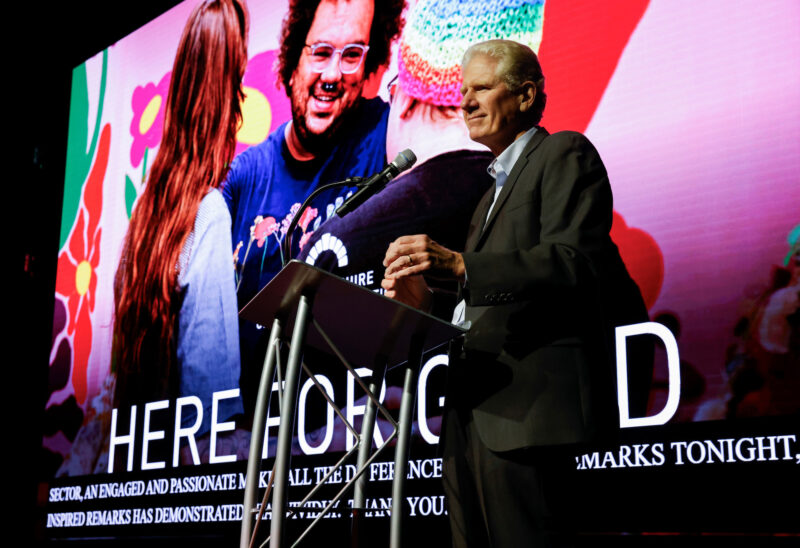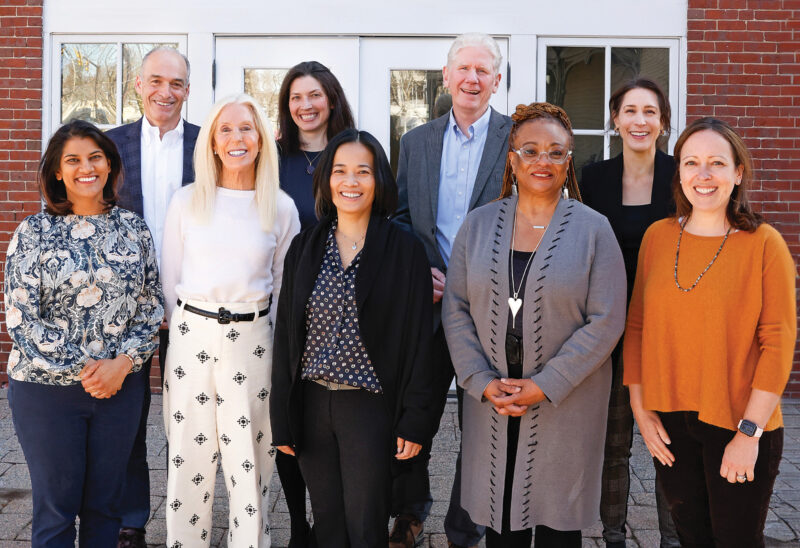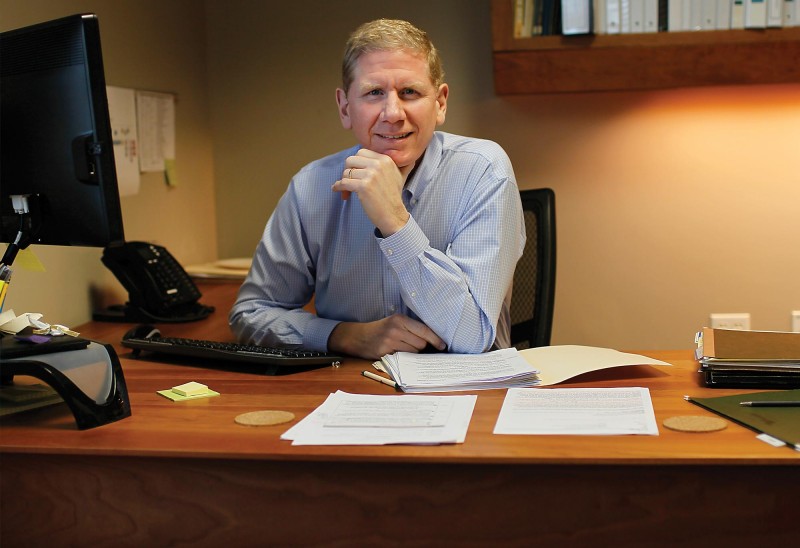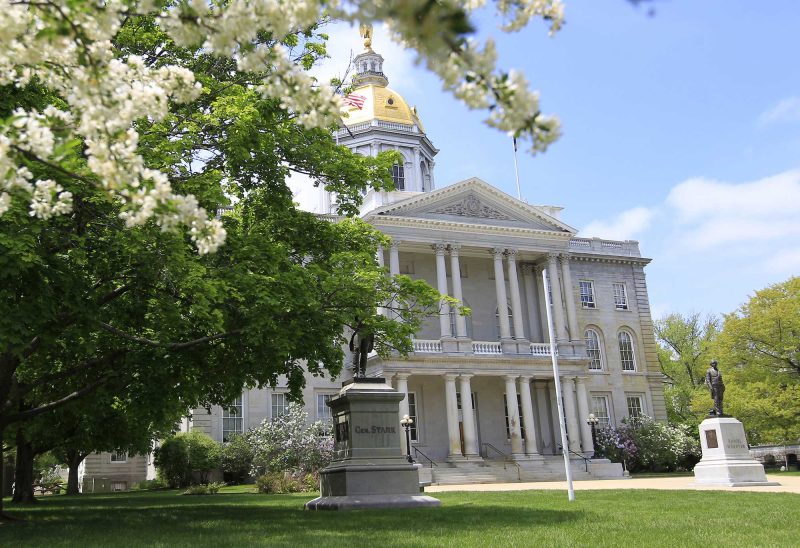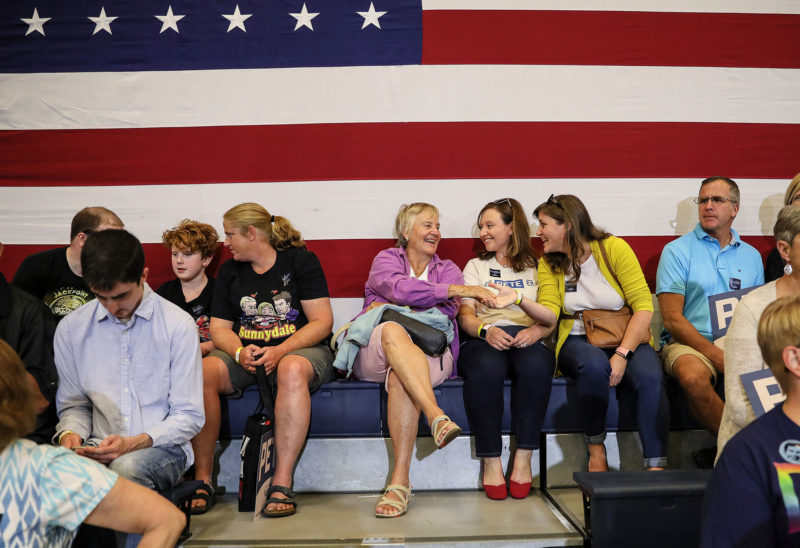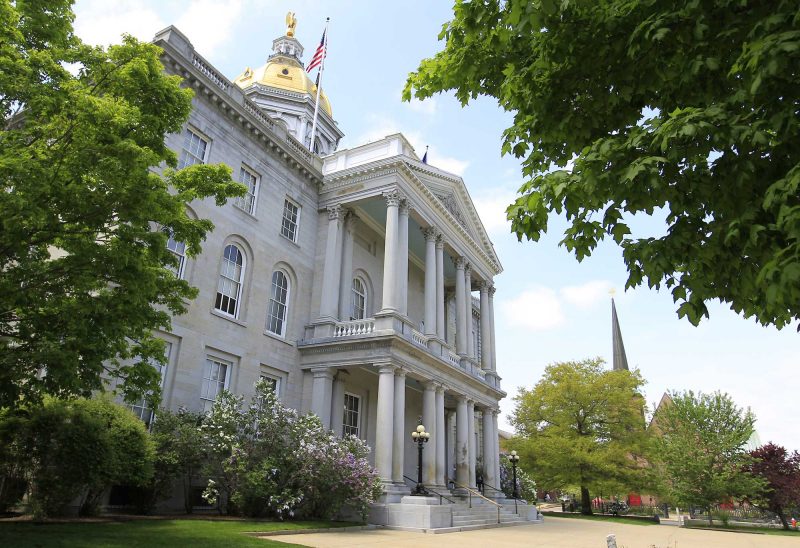Dialogue. Debate. Substance. Even a bit of bipartisanship.
Those qualities were in play one morning recently in a venue that might seem surprising given our frayed political discourse – a hearing in the New Hampshire House of Representatives. What might make it even more surprising was the topic – school funding. No issue has been more difficult over the past two decades.
The House Finance Committee that morning was considering four bills to make the state’s share of funding public education more equitable district-to-district. All four bills advanced, one unanimously, one nearly so, and two on party lines:
- House Bill 177 would restore state stabilization grants to make up for some of the disparities between richer and poorer districts.
- House Bill 686 would raise additional state revenue to make up for local disparities by including capital gains in the interest and dividend tax.
- House Bill 551 would create a commission to study school funding and recommend a long-term uniform and equitable approach to finance an adequate education for all students.
- House Bill 709 addresses certain inequities in the current formula by providing proportionally more state support to districts with lower levels of assessed property value and higher percentages of lower-income students.
The bills were retained by the committee, which means they will be rolled into the omnibus budget bills known as House Bills 1 & 2. The ideas and principles will continue to be debated as the two-year spending plan makes its way to the governor’s desk
Substantively speaking, it is encouraging to see legislators from both parties acknowledge that our school funding approach does not work equally well across the state for taxpayers, for teachers, nor – most of all – for students. A series of public meetings in the past year has renewed public recognition of the problem that was outlined in the first Claremont lawsuit nearly 20 years ago: The tremendous discrepancy in real estate values among districts, and the resulting challenge of raising enough money locally for education. For example: Berlin has $325,535 of assessed value it can tax per student, while Moultonborough has $6,731,382 per student. That forces Berlin taxpayers to pay proportionally higher rates to raise a lot less money. As the Berlin school board chair put it recently after an emotional vote to close an elementary school: “We are two worlds in one state.”
The Foundation is keenly interested in this because our vision is for all communities to be strong, just, and inclusive. And we are interested because of New Hampshire Tomorrow, our 10-year initiative to ensure that every young person in every community has the opportunity to thrive. That cannot be done without addressing the inequities that hold lower-income kids back. And chief among those is unequal access to high-quality public education. The Foundation has not taken a position on any one solution, but we do believe the fundamental imbalance must be addressed.
Civically speaking, I was reminded why I value New Hampshire’s distinctive, sometimes rambunctious, strikingly open contribution to the American experiment called democracy. We have the largest state legislature in the country – by far. In our Statehouse every bill gets a hearing and every citizen gets a chance to be heard. As at Town Meeting, representatives might sharply disagree with each other one minute and laugh together the next, or ask a “foe” about an ailing child. Manners matter. Twice during the Finance Committee meeting, a legislator apologized to a member of the other party for unintentionally violating a point of order.
That doesn’t mean it’s all sweetness and light. Partisanship is on the rise here as elsewhere, and our short election cycles – two-year terms for all – means campaign season and “gotcha” politics never end. We are among the purplest states in the country, which means the minority party is more likely to become the majority party more quickly than in other places. Hardball will be played. Deals will be struck. And there’s plenty of nonsense: Earlier this month, the childish antics of a few representatives embarrassed the state in the national press. With 400 members, you will have that.
But that morning in Finance, debating perhaps our most important issue in a tense political season, 22 legislators spent a couple hours doing the people’s business in the people’s house. And doing it in a way that the framers would respect. Then they went off to lunch, Ds and Rs walking together down Main Street to share a sandwich.
Nothing wrong with that.

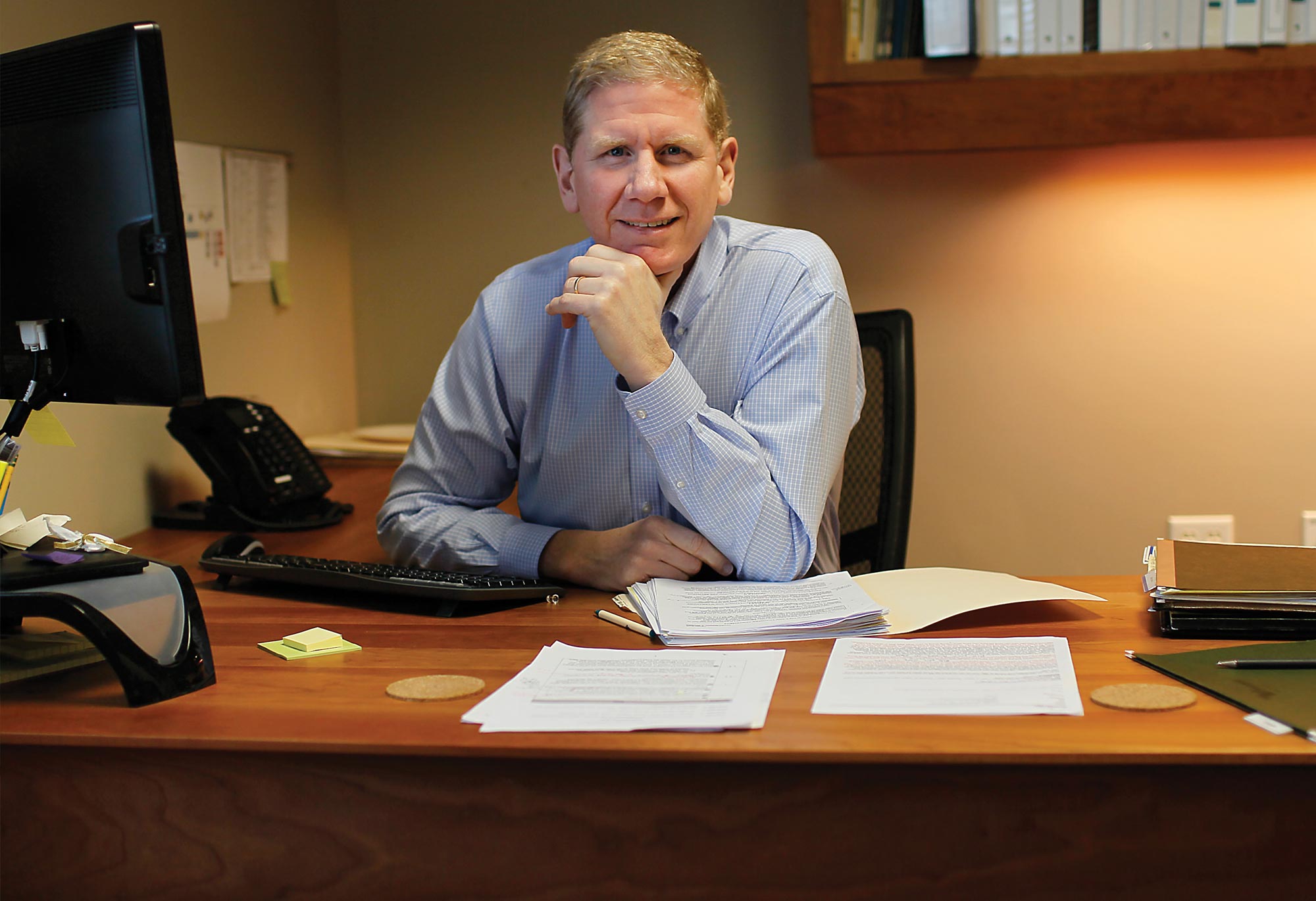






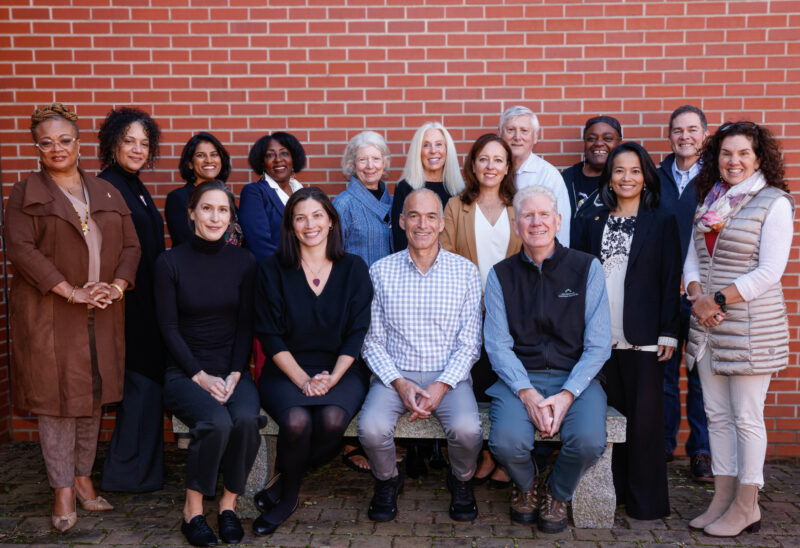
![Charitable Foundation President Dick Ober [Photo by Cheryl Senter]](https://www.nhcf.org/wp-content/uploads/2023/12/dick-ober-purpose-fall-winter-2023-800x548.jpg)
